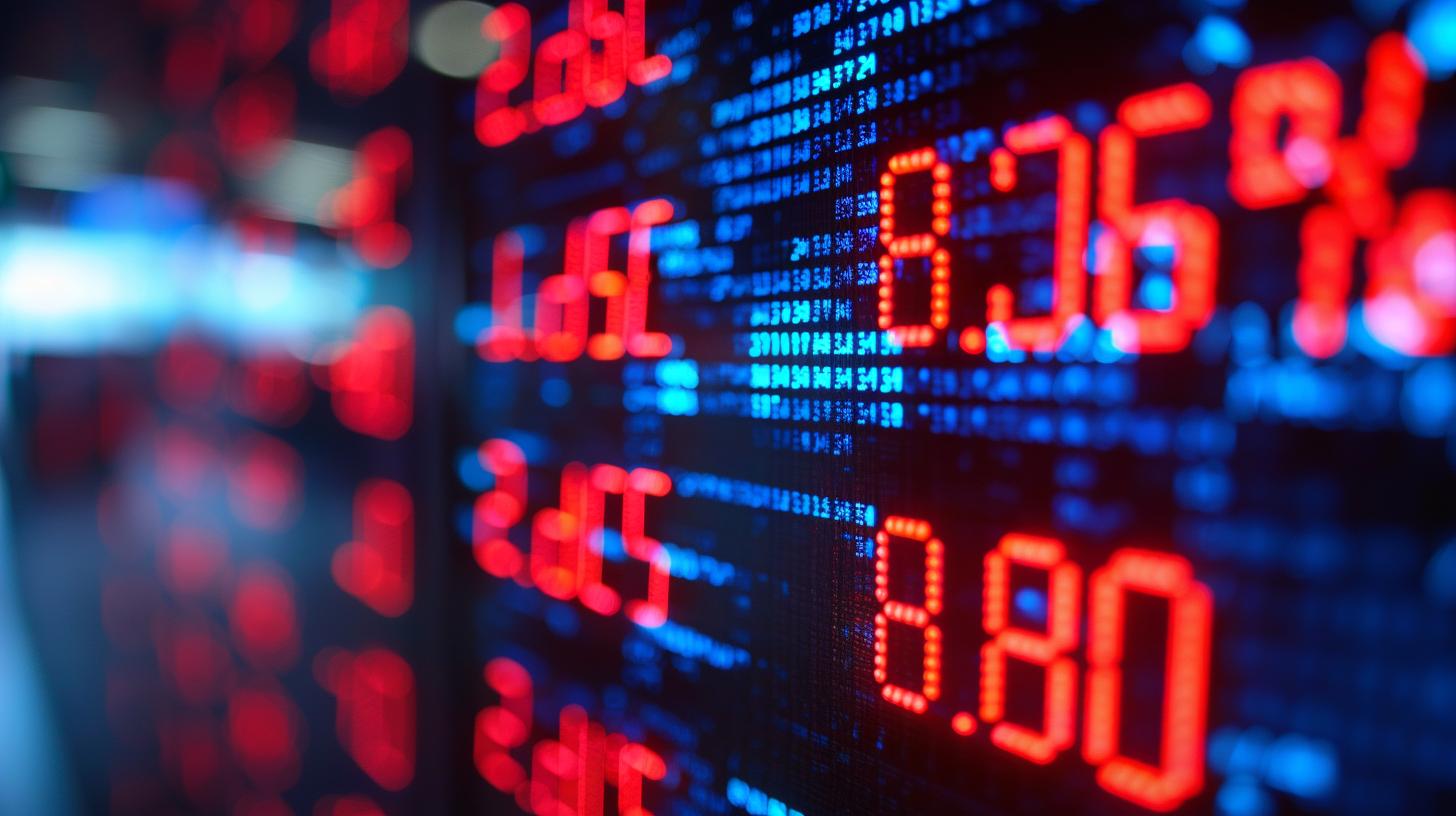Insider trading, the use of non-public information to gain trading advantages, poses risks to financial markets. Preventive measures, such as defining inside information and implementing blackout periods, are crucial.
Detection methods, like monitoring trading activity, play a key role in maintaining market integrity. Regulations, such as the Market Abuse Regulation (MAR), aim to ensure compliance and prevent unlawful practices.
Understanding Insider Trading
Insider trading involves the use of confidential information for trading advantages.
It is a practice that can significantly impact financial markets and investor confidence.
What is insider trading?
Insider trading is the illegal practice of buying or selling a security based on material non-public information. This can give individuals an unfair advantage over other market participants.
The Impact of Insider Trading on Financial Markets
Insider trading can have far-reaching implications for market integrity, investor returns, and transaction costs.
It undermines the level playing field in financial markets and erodes trust among investors.
Preventing Insider Trading
Preventing insider trading is crucial to maintaining market integrity and investor confidence. Companies must implement strategies and measures to safeguard against this illegal activity.
Defining Inside Information
- Inside information is non-public data that, if disclosed, could impact financial instrument prices significantly.
- Companies must carefully assess and classify information to determine if it qualifies as inside information.
Blackout Periods and Insider Lists
- Blackout periods restrict designated individuals from trading company securities to prevent unfair gains from material non-public information.
- Creating insider lists helps companies track individuals with access to inside information and ensure compliance with legal and regulatory obligations.
Whistleblowing and Pre-clearance Procedures
- Whistleblowing platforms provide employees with a channel to report potential instances of insider trading within the organization.
- Pre-clearance procedures require individuals to seek approval before trading company securities to prevent violations of insider trading regulations.
Detecting Insider Trading
When it comes to detecting insider trading, monitoring trading activity is a vital tool.
Regulators and companies closely watch trades during key events like earnings announcements to spot irregular patterns that may suggest insider activity.
Monitoring Trading Activity
- Regulators and companies monitor trading activity around important events.
- Irregular patterns during these events can indicate potential insider trading.
- Close scrutiny is essential to identify and prevent illegal activities.
Case Studies: Insider Trading Detection
- Examining past cases provides insights into how insider trading was detected.
- Learning from these instances can help improve monitoring and detection methods.
- Case studies offer real-world examples of how regulatory measures can uncover insider trading schemes.
Regulations and Compliance
Regulations and compliance play a vital role in preventing insider trading within financial markets.
The Market Abuse Regulation (MAR) in the European Union sets strict guidelines for market integrity and prohibits insider trading. Companies must adhere to legal and regulatory frameworks to ensure compliance with insider trading laws.
Market Abuse Regulation (MAR)
- The Market Abuse Regulation (MAR) aims to protect market integrity and prevent abusive practices.
- Under MAR, companies must establish procedures for the disclosure of inside information.
- Compliance with MAR is essential to maintain transparency and fairness in financial markets.
Legal and Regulatory Frameworks for Insider Trading
- Legal frameworks provide the basis for prosecuting individuals engaged in insider trading.
- Regulatory bodies oversee compliance with insider trading regulations and enforce penalties for violations.
- Companies must establish internal controls to ensure adherence to legal requirements and regulatory standards.
.


















